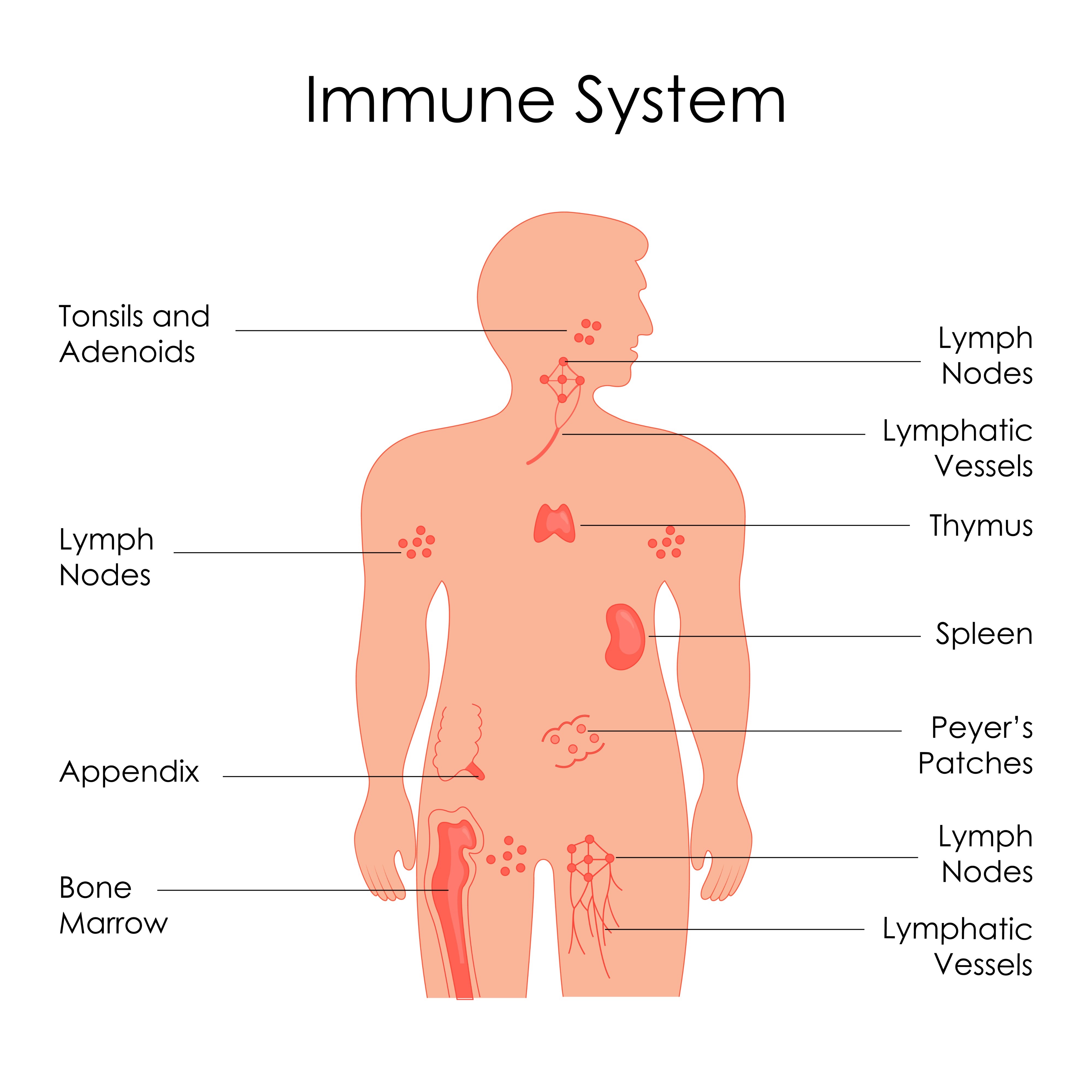How Sleep Affects Your Health: More Than Just Rest
You probably know that a good night's sleep makes you feel better, but do you know why? The benefits of sleep go far beyond just feeling rested. Getting enough quality sleep is just as important for your health as a balanced diet and regular exercise.

This guide will walk you through the surprising ways sleep impacts your physical and mental well-being, from your immune system to your mood. Think of sleep as a daily recharge for your body's defenses and emotional processing center.
While you sleep, your immune system produces protective substances like cytokines. People who sleep less than 7 hours are more likely to catch viruses.
During REM sleep, your brain processes emotions and memories. Quality sleep helps regulate mood and build emotional resilience.
Lack of sleep disrupts ghrelin (hunger hormone) and leptin (fullness hormone), leading to increased appetite and cravings.
During sleep, blood pressure and heart rate decrease, giving your cardiovascular system time to rest and recover.
Sleep and Your Immune System
While you are sleeping, your immune system is hard at work. It produces protective, infection-fighting substances like cytokines. When you don't get enough sleep, your body produces fewer of these cytokines, making you more vulnerable to viruses and infections.
Studies have shown that people who sleep for less than 7 hours a night are more likely to catch a cold after being exposed to a virus. Think of sleep as a daily recharge for your body's defenses.
Sleep and Mental Health
The link between sleep and mental health is a two-way street. Sleep deprivation can contribute to feelings of anxiety and depression, and in turn, mental health issues can make it harder to sleep.
During sleep, particularly REM sleep, your brain processes emotions and memories. This is a vital part of your emotional health. Getting enough sleep helps your brain regulate mood and process stress more effectively. A good night's rest can lead to a more positive outlook and better emotional resilience.
Sleep and Weight Management
There is a clear connection between sleep and your body weight. Lack of sleep can disrupt the hormones that regulate hunger:
- Ghrelin, the "hunger hormone," increases when you're tired.
- Leptin, the "fullness hormone," decreases.
This hormonal imbalance can make you feel hungrier and less satisfied after eating, often leading to cravings for high-calorie foods and overeating. Prioritizing sleep can help you maintain a healthy weight by keeping these hormones in balance.
Sleep and Heart Health
Quality sleep is essential for a healthy heart. During sleep, your blood pressure and heart rate naturally decrease, giving your cardiovascular system a chance to rest and recover. Sleep deprivation is associated with a higher risk of heart disease, high blood pressure, and stroke.
Making sleep a priority is one of the most proactive steps you can take to protect your long-term heart health.
Ready to Improve Your Sleep?
Now that you understand how sleep affects your health, explore our other guides to learn practical strategies for better sleep.